Talk | Access Praxis: Cripistemology and the Arts
April 18, 20236:00 pm - 8:00 pm
This will be a hybrid program held in-person at the MCA Chicago and virtually. American Sign Language interpretation, CART-captioning, and verbal description will be provided in the video presentation and the panel discussion. The MCA Commons is wheelchair accessible and offers gender neutral facilities. While masks are not required for entry to the museum, we encourage masking for all in-person attendees. For any other access needs please contact Daniel Atkinson at [email protected].
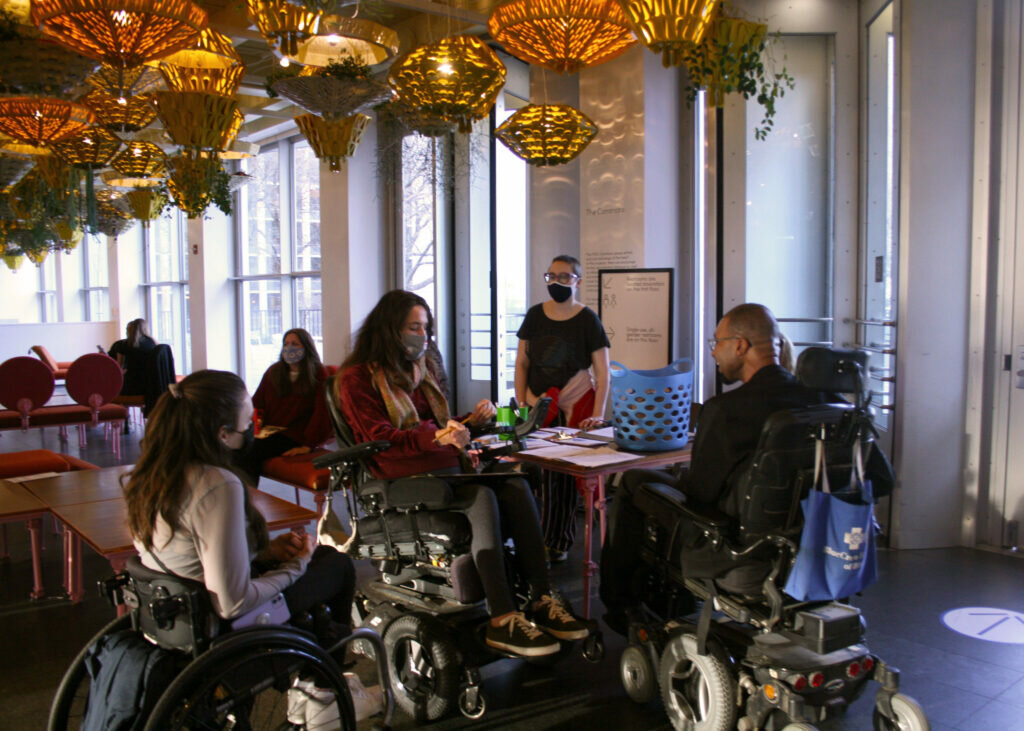
Photo by Sandy Guttman.
About the Event
The MCA Advisory Partner organization Bodies of Work invites you to Access Praxis, a collaborative and participatory event in The Commons. Combining theory and practice, “praxis” is ideas in action.
For this iteration, we are joined by disabled artist-researchers Alana Ackerman, Stephanie Alma, Tommy Carroll, Justin Cooper, and Nic Wyatt as they explore their embodied experience of disability through a series of videos detailing their crip epistemologies. Following the video presentation, they will be joined by Dr. Carrie Sandahl, co-director of Bodies of Work, and Liza Sylvestre and Christopher Jones, co-founders of Crip*: Cripistemology and the Arts, for a moderated discussion on the disability experience and the valuable knowledges that stem from it.
About the Artist-Researchers
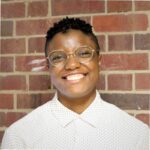
Nic Wyatt is pursuing their Master of Public Health degree at the University of Illinois at Urbana-Champaign with a concentration in Health Behavior and Promotion. In addition to their on-campus position as a graduate research assistant, they were a Health and Disability Fellow at the National Association of County and City Health Officials (NACCHO). Their work as a fellow included the creation of educational materials for the public and public health professionals while providing support for local health departments trying to reduce community access barriers. Nic’s research work centers around disability inclusion by creating accessible physical activity programs for individuals with multiple sclerosis and the development of additional disability-related training materials for fitness instructors. As an activist transparent about their own non-visible disabilities, Nic intentionally develops their public health interventions with an intersectional approach to ensure marginalized voices are acknowledged, amplified, and empowered.

Stephanie Alma, born and raised on the southwest side of Chicago, identifies as a Mexican American disabled woman and is a self-taught singer, songwriter, and composer. She is interested in the sounds of disability identity and self-awareness through formal and informal vocal expression. Her vocal melodies reflect her deep connection to Mexican music, house music, Cumbia, and improvised music. Stephanie’s work interprets cycles of grief and healing, life and death, emotions and emptiness through sound, and feelings of empowerment and rejuvenation surround her lyric writing. During a recent 3Arts/Bodies of Work Residence, Stephanie explored what disability sounds like while working collaboratively with other disabled artists, developing new occupations within disability culture. Through her work, she aims to figure out what living a disabled life sounds like/could sound like by sonically portraying our struggle, our solutions, accomplishments, beliefs, and our role in society.
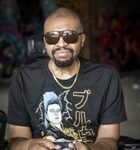
Justin Cooper is a black filmmaker, artist, and disability advocate who has been working in art and film professionally since 2012. The lack of media representation amongst people with disabilities motivated him to work on his own documentary film called The Wheelchair Chronicles. As an advocate, Justin works as the President of the Young Professionals Council at Access Living along with working with the racial and social justice advocacy group AYLP (Advance Your Leadership Power). He also works as a committee member for the annual Chicago Disability Pride Parade, a member of the Chicago Disability Activism Collective, and serves as a board member for the Illinois Partners for Human Service. As an artist, Justin founded his own media company called Cooper Industries in 2018. This company focuses on his filmmaking, film production, and photography work. Justin was selected as a Junior Artist In Residence for Disability Culture Activism Lab (DCAL) in 2020 and received a 3Arts/Bodies of Work Residency Fellowship at the University of Illinois at Chicago in 2021. Justin combines his work as an artist and Disability advocate to spread awareness about the Disability movement, social justice, and as a personal form of expressing himself.

Alana Ackerman is a doctoral candidate in the anthropology department at the University of Illinois at Urbana-Champaign (UIUC). Her dissertation project focuses on experiences of forced displacement, refuge, and disablement across borders in the global South. She conducts ethnographic research with Colombian refugees in Quito, Ecuador, as well as remote ethnography through Zoom and Whatsapp. She founded and is an active member of the Disability Caucus of the Graduate Employees Organization at UIUC.
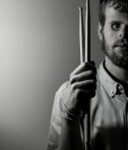
Tommy Carroll (he/him), Chicago-based drummer / percussionist / bandleader, was a 2022 3Arts/Bodies of Work Resident Fellow. He identifies as totally blind and endeavors to create a soundtrack to a more inclusive world. “I want to empower, not inspire,” Tommy says. “I want to create art that celebrates the important perspectives and skills disabled people offer to society.” Performing nationally with rock bands, jazz combos, rappers, and singers of everything from bluegrass to soul, the Chicago Reader described him as a “workhorse drummer.” Tommy also leads Calculated Discomfort, an eight-piece jazz group performing his original compositions, and Prosthetic, an improvising jazz fusion trio. During his 3Arts residency, Tommy explored the tension between being a professional musician with a disability and a disabled artist invested in creating disability culture. “I have managed to develop a platform based on my drumming, bandleading, and contributions to projects around Chicago, but the wider public doesn’t always comprehend or engage with the disability aspect of my work,” he explains. On a more individual level, Tommy plans to develop the recording and production of Dances for Different Bodies, Vol. II, an album that musically and politically explores these themes more deeply.
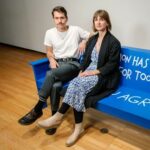
Christopher Robert Jones & Liza Sylvestre are artists and writers based in Illinois. They are Research Assistant Professors at the University of Illinois Urbana Champaign where they co-founded Crip*—Cripistemology and the Arts, a transdisciplinary initiative housed within the College of Fine and Applied Arts.

Carrie Sandahl is a Professor at the University of Illinois at Chicago in the Department of Disability and Human Development. She co-directs Chicago’s Bodies of Work, an organization that supports the development of disability art and culture. Her research and creative activity focus on disability identity in performance and film. Sandahl’s publications include a co-edited an anthology, Bodies in Commotion: Disability and Performance, which garnered the Association for Theatre in Higher Education’s award for Outstanding Book in Theatre Practice and Pedagogy (2006). Her collaboratively created documentary, Code of the Freaks, a critique of disability representations in cinema, premiered in 2020.
About the Organizations
Bodies of Work is a consortium of four programs at three Chicago organizations that share a commitment to programming that is distinguished by its integration of disability artistry, academics, and activism.
- Program on Disability Art, Culture, and Humanities and the Disability Cultural Center at the University of Illinois at Chicago
- Disability Culture Activism Lab at the School of the Art Institute of Chicago
- Art and Culture Project at Access Living
Along with partnering artists and organizations, Bodies of Work serves as a catalyst for the development of disability art and culture that illuminates the disability experience in new and unexpected ways.
Organized through a collaboration between the University of Illinois at Chicago and the University of Illinois Urbana-Champaign, this presentation is a culmination of ongoing conversations and research as part of the co-organized “Cripping the Arts” project.
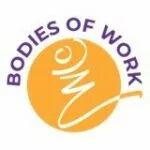


Funding
Funding for the Crip* X BOW Fellowship exchange is coming from – Arts CO+RE: A Program to Amplify Arts + Research Partnerships Presidential Initiative: Expanding the Impact of the Arts and the Humanities The College of Fine and Applied Arts, UIUC.